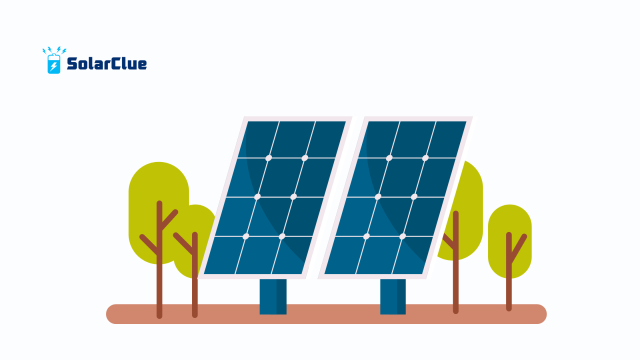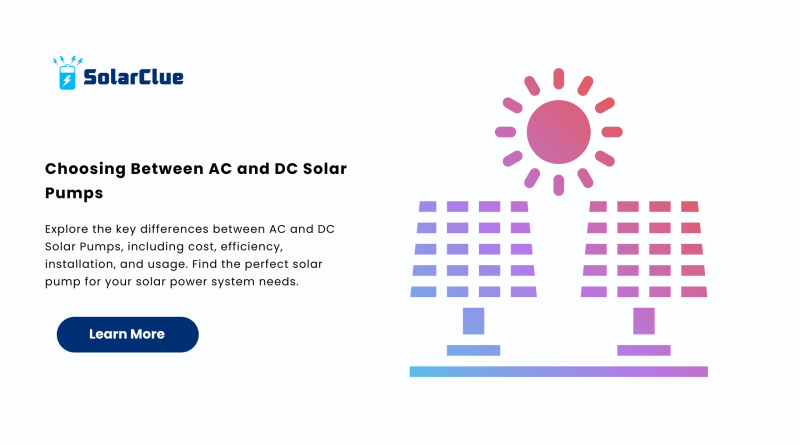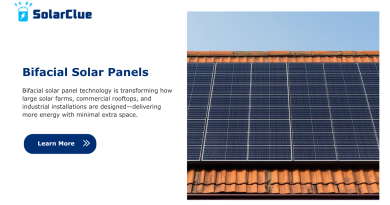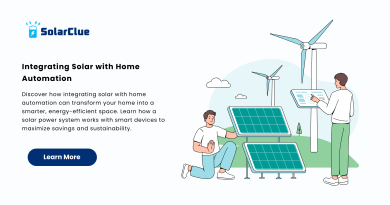Choosing Between AC and DC Solar Pumps
As the demand for sustainable energy solutions rises, more individuals and businesses are turning to solar power systems. One critical decision for anyone considering solar water pumping is choosing between an AC solar pump and a DC solar pump. The choice isn’t just about energy efficiency—it also affects performance, application, cost, and maintenance.
In this guide, we’ll dive into a detailed comparison of AC and DC Solar Pumps, helping you make an informed decision based on your specific needs and conditions.
Table of Contents
- 1 Understanding Solar Pumps
- 2 AC Solar Pumps vs DC Solar Pumps
- 3 Key Differences Between AC and DC Solar Pumps
- 4 Advantages of AC Solar Pumps
- 5 Advantages of DC Solar Pumps
- 6 Applications of AC and DC Solar Pumps
- 7 Factors to Consider Before Choosing
- 8 Hybrid Solar Pump Systems
- 9 Environmental and Economic Impact
- 10 Case Studies and Real-Life Examples
- 11 Future Trends in Solar Pumping
- 12 Government Support and Incentives
- 13 Final Thoughts
- 14 FAQs
Understanding Solar Pumps
What Are Solar Pumps?
Solar Pumps are electric pumps powered by solar energy rather than grid electricity or fuel. They’re widely used in agriculture, residential water supply, and industrial processes where access to the power grid is limited or costly.
Why Go Solar?
Adopting a solar power system for water pumping reduces electricity bills, minimizes carbon footprint, and promotes energy independence. It’s also particularly beneficial in remote or off-grid locations.
AC Solar Pumps vs DC Solar Pumps

What is an AC Solar Pump?
An AC solar pump uses alternating current. The electricity generated by the solar panels is converted from DC (direct current) to AC using an inverter. These pumps are often used for higher-capacity applications and in places where grid backup is desired.
What is a DC Solar Pump?
A DC solar pump runs directly on electricity generated by solar panels, without the need for an inverter. These pumps are typically more energy-efficient and are suitable for smaller-scale or remote applications.
Key Differences Between AC and DC Solar Pumps
1. Efficiency
- DC solar pump systems are more efficient because they don’t require an inverter, which typically loses 5–10% of power in conversion.
- AC solar pump systems may experience energy losses during conversion but are better for powering large motors.
2. Cost
- DC solar pumps are generally more cost-effective upfront due to the absence of inverters.
- AC solar pumps may have higher initial costs due to the added inverter and control units.
3. Installation Complexity
- DC solar pump systems are simpler to install, especially in remote areas.
- AC solar pump setups require more components and technical expertise.
4. Maintenance
- DC solar pumps require less maintenance because there are fewer components.
- AC solar pumps have more parts (like inverters) which may require servicing.
5. Scalability and Power
- AC solar pumps are better for high-power applications like irrigation of large farms.
- DC solar pumps are ideal for small-scale use, such as gardens or village water supplies.
Advantages of AC Solar Pumps
- Suitable for heavy-duty operations
- Compatible with grid electricity for hybrid usage
- Easier to source spare parts
Advantages of DC Solar Pumps
- Higher energy efficiency
- Simpler setup and lower cost
- Ideal for remote locations with no grid access
Applications of AC and DC Solar Pumps
AC Solar Pump Applications
- Large-scale irrigation
- Municipal water supply
- Industrial processes requiring high horsepower
DC Solar Pump Applications
- Small farms and gardens
- Livestock water supply
- Remote off-grid homes
Factors to Consider Before Choosing
1. Location
Consider whether your installation site has access to grid electricity. If not, a DC solar pump might be more suitable.
2. Budget
Your upfront and long-term budget will influence whether you go for an AC solar pump (more expensive) or DC solar pump (cost-effective).
3. Usage
Heavy-duty usage calls for AC solar pumps, while lighter or intermittent use may be more efficiently handled by DC solar pumps.
4. Solar Panel Configuration
Ensure your solar power system is compatible with your chosen pump type—DC solar pumps can directly connect to panels, whereas AC solar pumps need an inverter.
Hybrid Solar Pump Systems
In certain scenarios, a hybrid system using both solar and grid power might be the best solution. These often use AC solar pumps with dual-input inverters.
Environmental and Economic Impact
Using solar pumps reduces greenhouse gas emissions and operational costs. With the rise in solar subsidies and advancements in technology, investing in a solar power system has never been more rewarding.
Case Studies and Real-Life Examples
- A dairy farm in Maharashtra successfully replaced its diesel-powered irrigation with a DC solar pump, cutting fuel costs by 70%.
- A municipal project in Tamil Nadu deployed AC solar pumps for 24/7 water supply in rural areas.
Future Trends in Solar Pumping
As battery technology and solar panel efficiency improve, solar pumps—especially DC solar pumps—will become more powerful and cost-effective.
Government Support and Incentives
India offers multiple schemes and subsidies to encourage solar power system adoption. MNRE and state-level incentives can significantly reduce the initial cost of both AC and DC Solar Pumps.
Final Thoughts
Choosing between an AC solar pump and a DC solar pump depends on your application, location, and budget. Both types serve important roles in the solar revolution and contribute to a greener future.
To explore more insights and product options, make sure to check out our articles and guides at blog.solarclue.com.
FAQs
1. Which is more efficient: AC or DC solar pump?
DC solar pumps are generally more efficient due to the lack of power conversion losses.
2. Can I run an AC solar pump without grid power?
Yes, but it will require a solar inverter and potentially a battery bank.
3. Which pump is better for remote areas?
DC solar pumps are ideal for remote, off-grid locations due to their simplicity.
4. Are there hybrid solar pump options?
Yes, hybrid systems using AC solar pumps with grid backup are available.
5. How long do solar pumps last?
With proper maintenance, solar pumps can last over 15–20 years.
Ready to power your future with solar? Discover the best AC and DC Solar Pumps tailored for your needs—visit us now at solarclue.com and step into a brighter, sustainable tomorrow!




